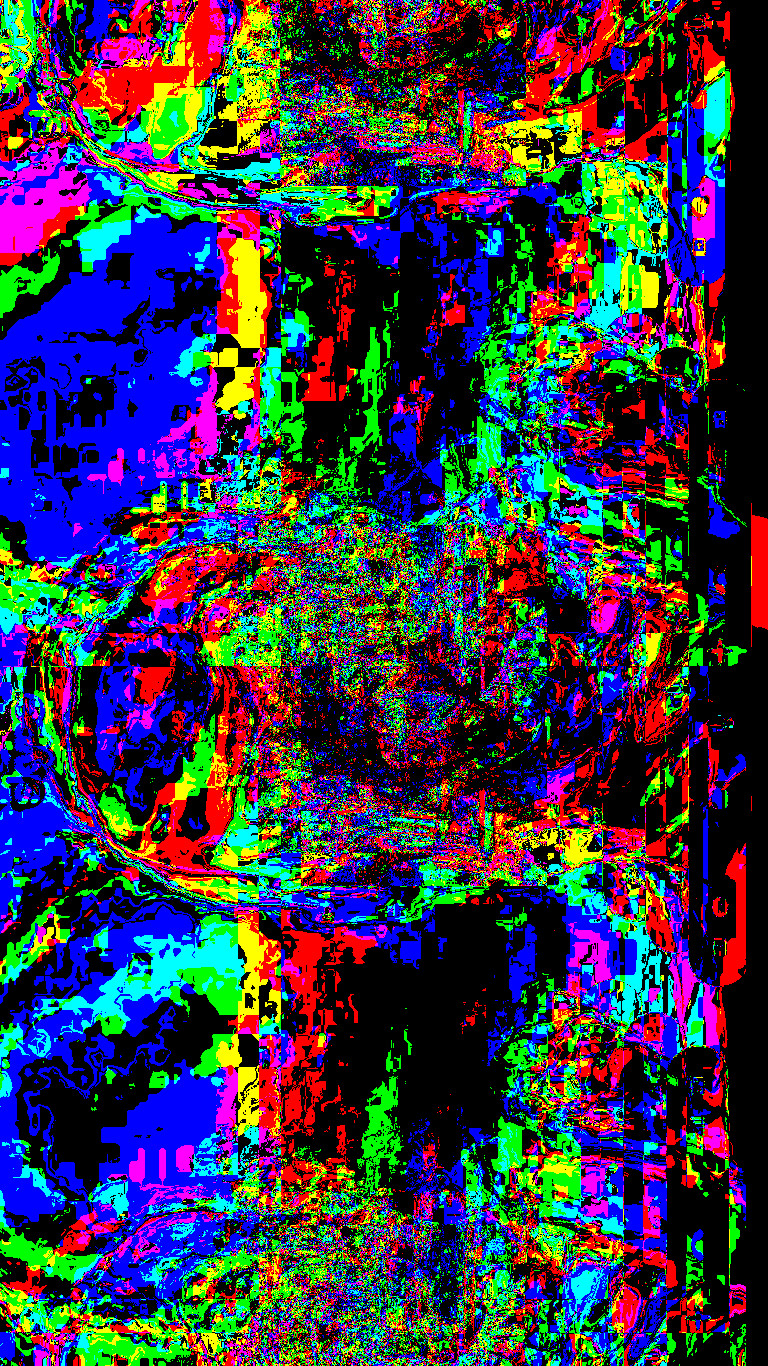revew: Caryl Churchill – Escaped Alone and What If If Only
Escaped Alone &
What If If Only/
by Caryl Churchill/
dir Sarah Frankcom/
design Rose Revitt/
Royal Exchange Theatre/
07/02 – 08/03/2025//
Caryl Churchill offers a metaphysics in which we are each the focal point for an entire universe of terror. These two shorts, Escaped Alone and What If If Only are well-matched explorations of the horrible magic of existing. The set by Rose Revitt is typical of Frankcom’s productions. The ground is not the bottom of the world; between plays the floor is lifted up and What If If Only takes place in a shallow pit; there is always a layer deeper, always a skin to be peeled, its rawer part exposed.
It’s tempting to read the monologues of the women in Escaped Alone as expressions of an inner self – a momentary exposure of the mind. I’m in a place now where those monologues feel larger, more exterior, as if a greater superobject has surfaced into our plane of reality each time, speaking through a vessel who, helpless, must relay what she is learning. There exists a psychic web from which Caryl Churchill plucks words we can be trusted to understand. (I don’t mean to say this is unique to her, this is how language behaves for us all). When I conjure a Churchill play, I imagine that stripped style of speech, language like a bare wire, together forming a net of wires, braided together, and when the strands touch they spark. A filament is wire, screaming. Heat is noise, heat is light. A swarm of cans hangs attendant, the innards of the theatre’s illusion on display.
Revitt’s design sacrifices one of the Exchange’s seating banks. The bare glass revealed there is a mirror, a portal to a second reality. Sometimes during the evening I am watching the reflection of the live actors before me. The reflection gives a different angle, a darker palette; the cast emerge from shadow, chiaroscuro. I can see more because the mirror is there.
The Someone who speaks to (for? at?) us in What If If Only wrestles with loss. They argue with the Present, they are confronted by the maddeningly vast number of possible futures they might bring into being. They have power over life itself, because they have power over their own life. The distance between our ability to effect the world and our ability to comprehend our effect upon it is a fissure in which this play takes place:
I was reading about this man who spent ten years trying to paint an apple so it looked just like an apple […] Then he spent seven years trying to paint an apple so it looked nothing like an apple. Then he died.
The ability to represent the world is a kind of awful magic. The same way that Churchill can rely on us to understand those signals plucked from that psychic web; you will be able to understand my drawing of an apple as an apple. Well, not quite an apple, but not quite not an apple. When the picture looks nothing like an apple? Well, ‘You could write apple underneath’. As it happens, I went to a life drawing class last night and painted for the first time in years. My drawings look better to me this morning now the model is not here to compare.
The fact we can and do influence the world – the present, the future – is magic – is conjuring! We imagine what we wish to create, and we create it from nothing. There is a distance between our imagination and our capacity to summon, but no bother. Once our image is made real it can begin to colour our memory – who remembers the departed thought when the thought-made-real stands in front of us? This isn’t how the apple looked, but that was years ago: the painting outlives the flesh.
Tonight, the theatre: a conversation with the Present, will all possible Futures. Which parts of it aren’t real? Which parts of it aren’t happening? If we could speak to the Future, she would behave like this, Churchill makes it so. And in fact all of it is happening because we are all here. The story is, in fact, being told, by the actors and by our listening. Between our breath and theirs is the world and the world is in creation.
Churchill’s characters buffet in the wind of an agonised individualism, cats batting at each other. In Escaped Alone, Mrs J begins:
I’m walking down the street and there’s a door in the fence open and inside are three women I’ve seen before.
She steps through the door and so begins a pained new unit. Four women, ‘all at least seventy’, speaking over tea. Like an intersection of planes there are vast blank spaces between their crossing-points. They are together in time, in space. And also in time and also in space they are alone. Over and through the women, the universe speaks, a universe which is as large as their fear of cats and as small as their murder of a husband and as large as the air being too thick to move and as small as the end of the world. I fear that our audience presence makes their world and so we are drawing this pain from them.
There is a pile of books to my left which I intend to read. Once I get around to it I will imbibe their words and they will sit with me as I go out into my life and change the world in small ways, large ways. Their worlds then travel with me. Magic. Hardly any more fantastic than a Caryl Churchill play.
[previous post: Indicator Species 001]
